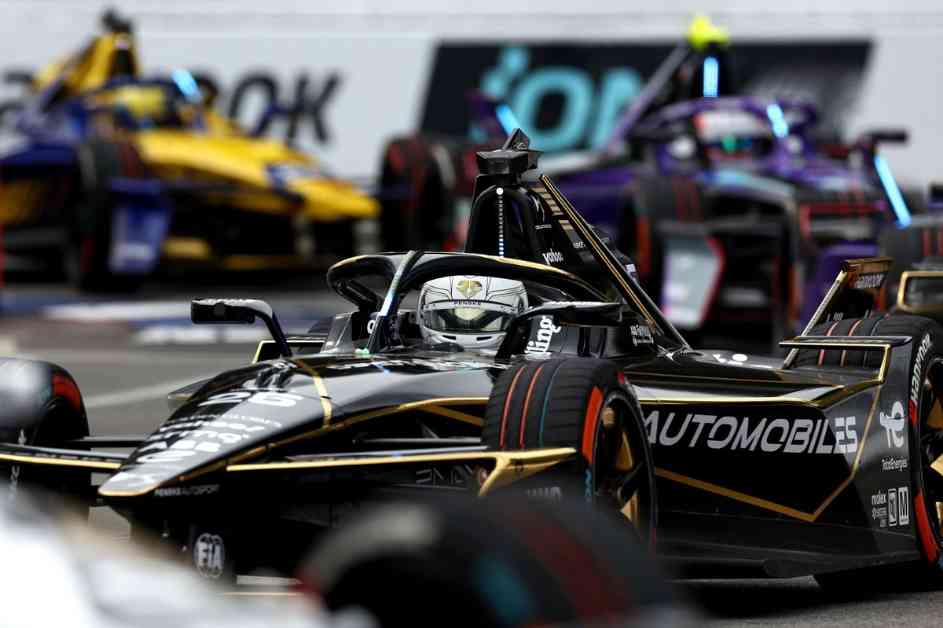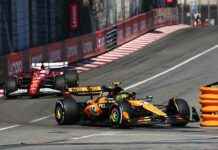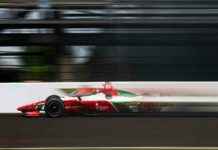Two-time Formula E champion Jean-Eric Vergne is raising concerns about the potential unintended consequences of the upcoming introduction of Pit Boost at the Jeddah E-Prix next week. Formula E has made significant updates to its sporting and technical regulations this season with the introduction of the Gen3 Evo car, featuring softer Hankook rubber and four-wheel drive. These changes have resulted in faster lap times, with pole position times nearly three seconds faster in Sao Paulo and 2.3 seconds quicker in Mexico.
The highly anticipated Pit Boost will make its debut in Saudi Arabia on February 14-15 after being developed over a span of more than two years. This new innovation will provide every car with a 10% battery recharge at 600kW during a mandatory pitstop that must be completed within a specific timeframe during the race. Jean-Eric Vergne expressed his concerns about the potential impact of the Pit Boost on race outcomes, highlighting the uncertainty it may bring, such as the possibility of the race leader falling a lap behind on certain tracks or the influence of safety cars on the order of the race.
Vergne emphasized the importance of ensuring that pitstops are efficiently executed to maintain the integrity and competitiveness of the race. With the Pit Boost adding a new layer of strategy and unpredictability, Vergne underscored the need for the FIA and Formula E to address these concerns to prevent luck from overshadowing driver skill and performance.
Challenges with Attack Mode
Additionally, Vergne addressed the challenges posed by the revamped Attack Mode in Formula E this season. With the introduction of all-wheel drive, the Attack Mode has become more powerful, offering drivers a significant performance boost. However, Vergne highlighted instances where activating the Attack Mode at the wrong time due to external factors like full-course yellows can severely impact a driver’s race strategy and results. He stressed the need for solutions to ensure that luck does not play an outsized role in determining race outcomes and that drivers have a fair and level playing field.
Formula E driver Sebastien Buemi echoed Vergne’s sentiments, emphasizing the detrimental impact of luck on race results when drivers are unable to fully utilize the advantages offered by the Attack Mode. Both drivers called for adjustments to be made to the system to mitigate the influence of chance and enhance the competitive nature of Formula E races.
Looking Towards the Future
As Formula E continues to evolve and implement new technologies and regulations to enhance racing excitement and sustainability, drivers like Vergne and Buemi are advocating for changes that prioritize skill and strategy over luck. By addressing the potential pitfalls of innovations like the Pit Boost and Attack Mode, Formula E can ensure that races remain fair, competitive, and engaging for drivers and fans alike. As the championship progresses, the focus on balancing innovation with fairness will be crucial in shaping the future of Formula E and maintaining its position as a leading electric racing series.
In conclusion, the concerns raised by Jean-Eric Vergne and Sebastien Buemi underscore the ongoing challenges and opportunities for Formula E as it seeks to push the boundaries of electric racing while preserving the integrity of competition. By addressing issues related to luck and unpredictability, Formula E can continue to attract top talent, engage fans, and deliver thrilling races that showcase the best of electric motorsport. Stay tuned for updates on how Formula E navigates these challenges and evolves to meet the demands of a dynamic and competitive racing landscape.












